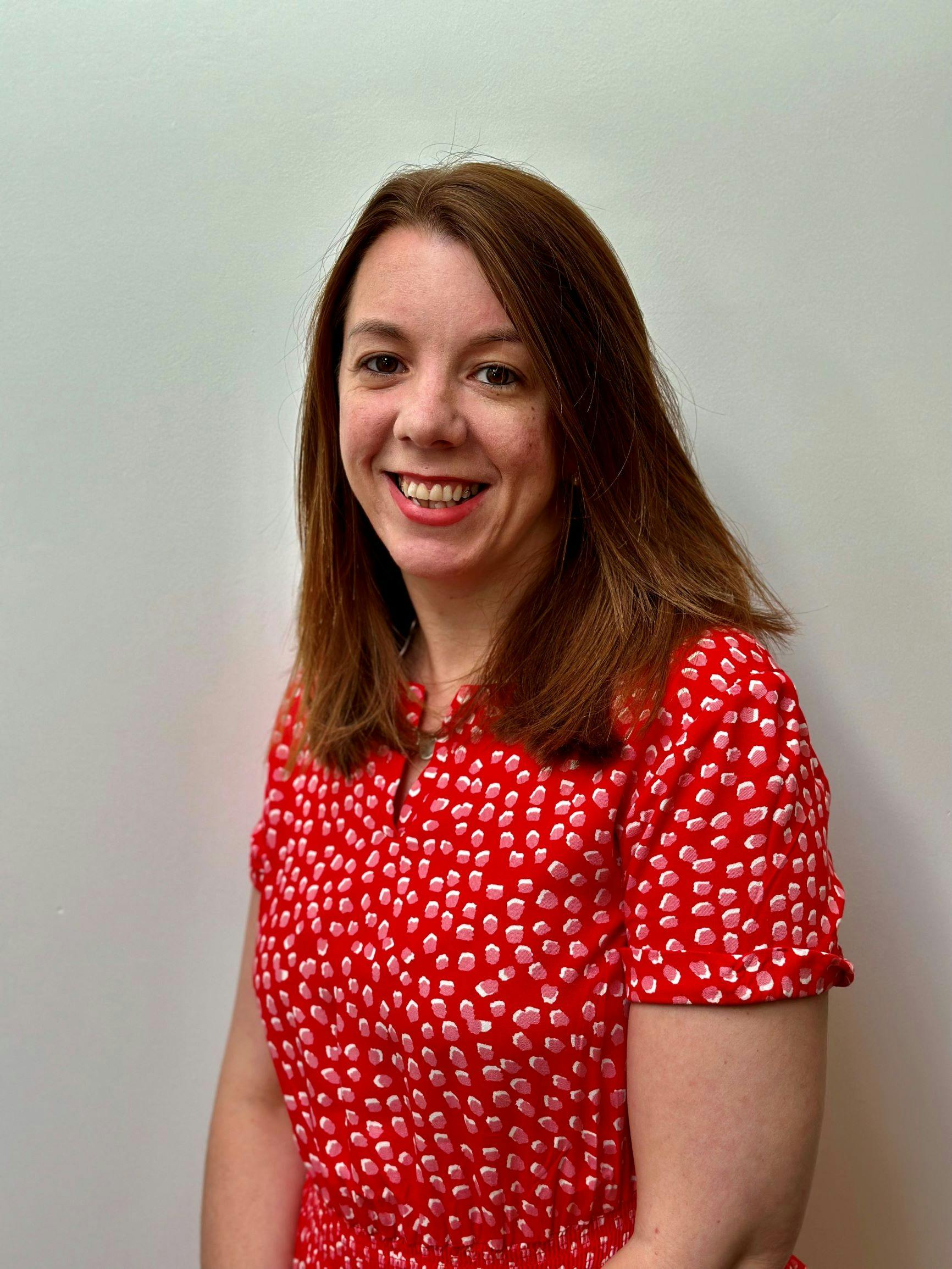How we are listening to people with lived experience?
To help guide this work the team set up the Peri-operative advisory group and invited people with lived experience of surgery and carers to join.
The next meeting date and time will be shared here.
Sign up here to join the session.
- Join the Peri-operative advisory group
The Peri-operative advisory group will continue to meet on a quarterly basis. If you have experience of waiting for surgery at either King’s College Hospital NHS Foundation Trusts, Lewisham and Greenwich NHS Trust or Guy’s and St Thomas’ NHS Foundation Trust please join the co-design group.
Please complete this short form to sign up and join the group
By joining this group and informing this work, you will help ensure that the waiting well resources respond to what people need to know when waiting for surgery.
The group will continue focusing on:
- Options for feedback mechanisms to be built in, allowing patients and carers to share their experiences and suggest improvements.
- Promotion and communication plans include outreach through clinics, patient letters and community groups to ensure everyone is aware of the resource
The group met on:
The group contribution including people with lived experience and carers voice made a significant different ensuring the process is clearer, more inclusive, and supportive at every step.
How participants insights helped to inform and improve pre-operation experience?
Screening questionnaire | Pre-operation fasting guidance | Waiting Well Website |
 |  |  |
- We simplified the language to use everyday terms, reducing medical jargon and acronyms, making it more accessible
- Questions are now grouped logically, starting with demographics, then general health, specific conditions, and finally medications, reflecting how patients think about their health
- Examples and explanations are provided for complex terms
- The questionnaire is being tested to be mobile-friendly, with clear headings, tick boxes
- Feedback from patients led to splitting up bundled questions, clarifying questions about chronic conditions, and including prompts for changes since the last appointment
- The form will be updated to auto-populate from patient records where possible
| - Fasting instructions have been standardised across hospitals, using clear, positive language to reduce anxiety and confusion.
- Visual aids and infographics are being developed to help patients understand what and when they can eat or drink before surgery
- The guidance now includes a section for diabetic patients and space for patients to note their specific surgery time
- Patient feedback led to removing hospital-specific times, focusing instead on “before 11am” or “after 11am” appointment categories
- The tone has shifted from authoritative to supportive, explaining the reasons for fasting and reassuring patients about safety
| - The website will provide consistent, up-to-date information about preparing for surgery, including the new questionnaire and pre-operation fasting guidance.
- Content is being developed in multiple formats (written, video, infographics) to suit different preferences and needs
|
Background
Local hospitals, King’s College Hospital NHS Foundation Trusts, Lewisham and Greenwich NHS Trust or Guy’s and St Thomas’ NHS Foundation Trust are working in partnership to develop a section on our website to provide information and support to patients waiting for surgery. This project aims to:
- provide support resources for patients on surgical waiting lists
- help patients optimise their health and wellbeing while waiting for surgery
- improve patient understanding around the admitted pathway, to support them in preparing for surgery
Over the last few month the team has been working with patients and carers from all backgrounds within our communities to gather insight how best to design this content to respond to the needs of patients waiting for surgery.
In December 2024 the team organised two focus groups involving a diverse group of patients who had experience of either elective or emergency surgeries. Their feedback has helped shape the project’s direction and set up next steps.
Key insights
 Information accessibility and distribution via effective and diverse channels Information accessibility and distribution via effective and diverse channels
| - Multiple communication channels are needed to reach different groups, including via GP surgeries, community newsletters, mobile apps, and events
- Content should be in various formats like written articles, videos, and podcasts
- It is important to accommodate the needs of diverse audiences including different languages, education levels and neurodiversity
|
 Mental health and psychological support Mental health and psychological support
| - The need for better psychological preparation for surgery was raised, with a focus on anxiety management and emotional support during long waiting periods
- Participants highlighted the need for clearer, more accessible information in wellbeing and lifestyle advice – empowerment to self-manage where possible as well as the value of connecting patients to existing support services and resources
|
 Communication gaps Communication gaps
| - The need for clearer, honest communication about waiting times, risks, and surgery delays
- Regular updates and transparency were raised as being very important as well as improved communications between primary and secondary care
|
 Care coordination Care coordination
| - Patients often struggle with managing multiple conditions while waiting for surgery
- Clear guidance and better coordination across different organisations involved in people’s care are needed to support patients through the surgery journey
|
How we are listening to people with lived experience?
To help guide this work the team set up the Peri-operative advisory group and invited people with lived experience of surgery and carers to join.
The next meeting date and time will be shared here.
Sign up here to join the session.
- Join the Peri-operative advisory group
The Peri-operative advisory group will continue to meet on a quarterly basis. If you have experience of waiting for surgery at either King’s College Hospital NHS Foundation Trusts, Lewisham and Greenwich NHS Trust or Guy’s and St Thomas’ NHS Foundation Trust please join the co-design group.
Please complete this short form to sign up and join the group
By joining this group and informing this work, you will help ensure that the waiting well resources respond to what people need to know when waiting for surgery.
The group will continue focusing on:
- Options for feedback mechanisms to be built in, allowing patients and carers to share their experiences and suggest improvements.
- Promotion and communication plans include outreach through clinics, patient letters and community groups to ensure everyone is aware of the resource
The group met on:
The group contribution including people with lived experience and carers voice made a significant different ensuring the process is clearer, more inclusive, and supportive at every step.
How participants insights helped to inform and improve pre-operation experience?
Screening questionnaire | Pre-operation fasting guidance | Waiting Well Website |
 |  |  |
- We simplified the language to use everyday terms, reducing medical jargon and acronyms, making it more accessible
- Questions are now grouped logically, starting with demographics, then general health, specific conditions, and finally medications, reflecting how patients think about their health
- Examples and explanations are provided for complex terms
- The questionnaire is being tested to be mobile-friendly, with clear headings, tick boxes
- Feedback from patients led to splitting up bundled questions, clarifying questions about chronic conditions, and including prompts for changes since the last appointment
- The form will be updated to auto-populate from patient records where possible
| - Fasting instructions have been standardised across hospitals, using clear, positive language to reduce anxiety and confusion.
- Visual aids and infographics are being developed to help patients understand what and when they can eat or drink before surgery
- The guidance now includes a section for diabetic patients and space for patients to note their specific surgery time
- Patient feedback led to removing hospital-specific times, focusing instead on “before 11am” or “after 11am” appointment categories
- The tone has shifted from authoritative to supportive, explaining the reasons for fasting and reassuring patients about safety
| - The website will provide consistent, up-to-date information about preparing for surgery, including the new questionnaire and pre-operation fasting guidance.
- Content is being developed in multiple formats (written, video, infographics) to suit different preferences and needs
|
Background
Local hospitals, King’s College Hospital NHS Foundation Trusts, Lewisham and Greenwich NHS Trust or Guy’s and St Thomas’ NHS Foundation Trust are working in partnership to develop a section on our website to provide information and support to patients waiting for surgery. This project aims to:
- provide support resources for patients on surgical waiting lists
- help patients optimise their health and wellbeing while waiting for surgery
- improve patient understanding around the admitted pathway, to support them in preparing for surgery
Over the last few month the team has been working with patients and carers from all backgrounds within our communities to gather insight how best to design this content to respond to the needs of patients waiting for surgery.
In December 2024 the team organised two focus groups involving a diverse group of patients who had experience of either elective or emergency surgeries. Their feedback has helped shape the project’s direction and set up next steps.
Key insights
 Information accessibility and distribution via effective and diverse channels Information accessibility and distribution via effective and diverse channels
| - Multiple communication channels are needed to reach different groups, including via GP surgeries, community newsletters, mobile apps, and events
- Content should be in various formats like written articles, videos, and podcasts
- It is important to accommodate the needs of diverse audiences including different languages, education levels and neurodiversity
|
 Mental health and psychological support Mental health and psychological support
| - The need for better psychological preparation for surgery was raised, with a focus on anxiety management and emotional support during long waiting periods
- Participants highlighted the need for clearer, more accessible information in wellbeing and lifestyle advice – empowerment to self-manage where possible as well as the value of connecting patients to existing support services and resources
|
 Communication gaps Communication gaps
| - The need for clearer, honest communication about waiting times, risks, and surgery delays
- Regular updates and transparency were raised as being very important as well as improved communications between primary and secondary care
|
 Care coordination Care coordination
| - Patients often struggle with managing multiple conditions while waiting for surgery
- Clear guidance and better coordination across different organisations involved in people’s care are needed to support patients through the surgery journey
|







